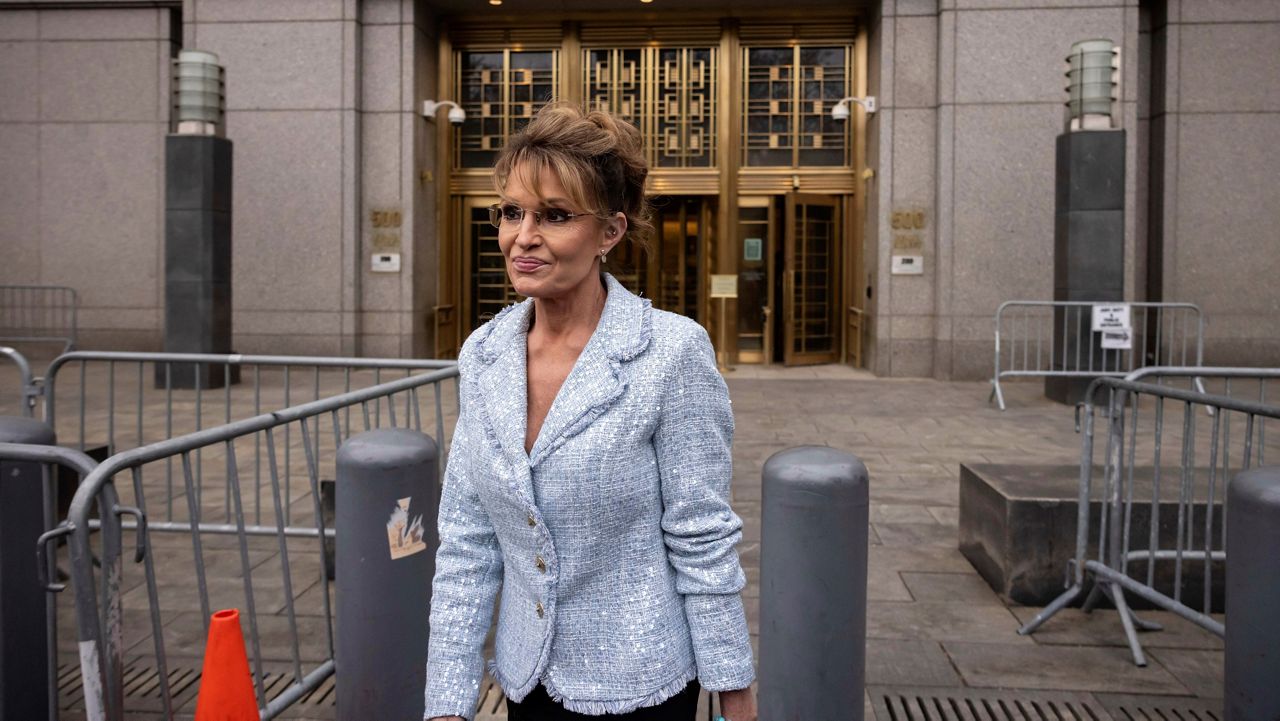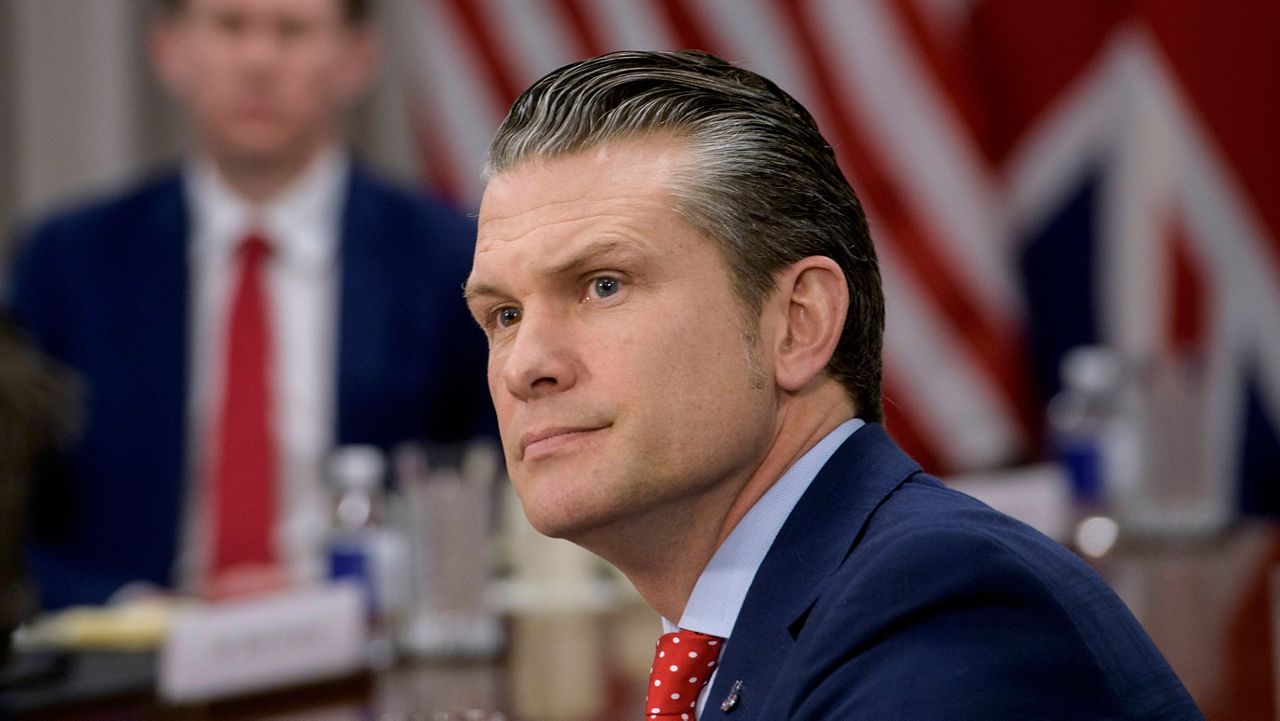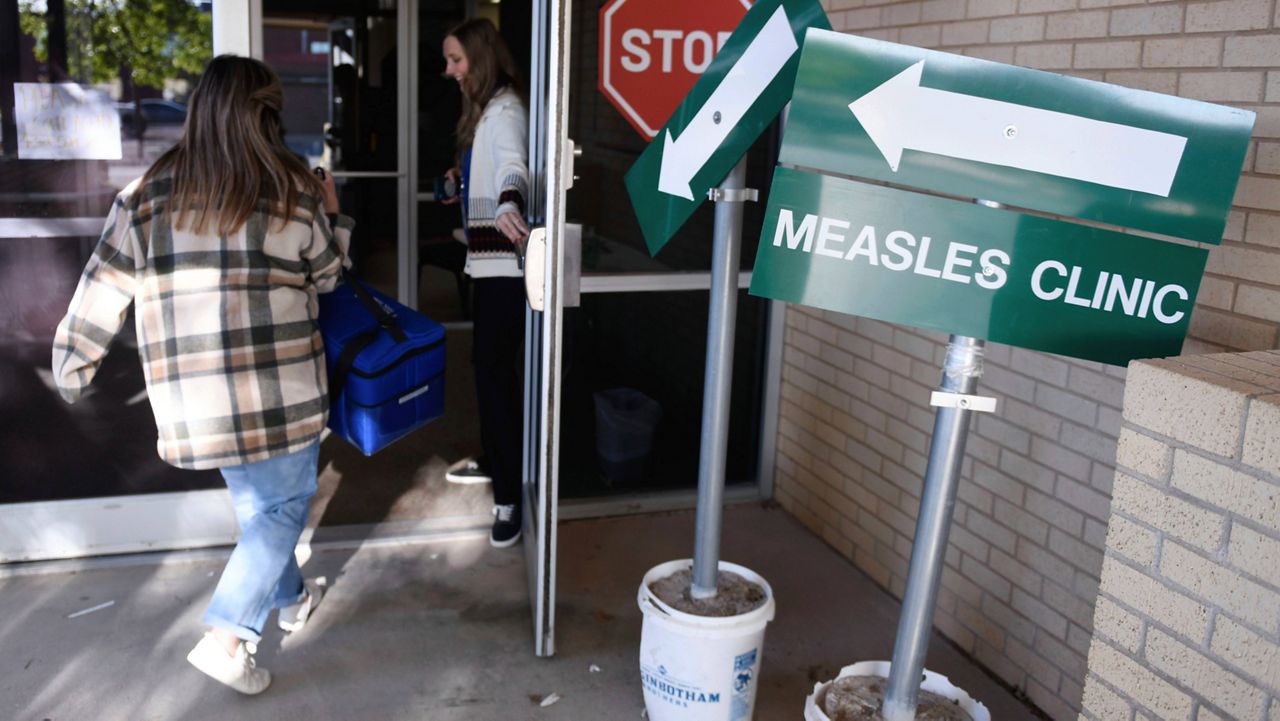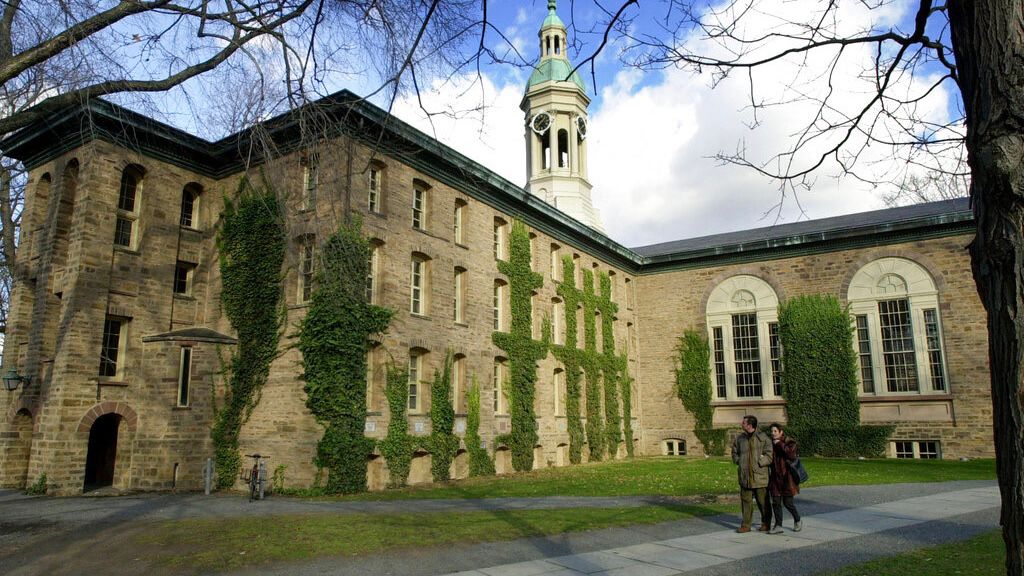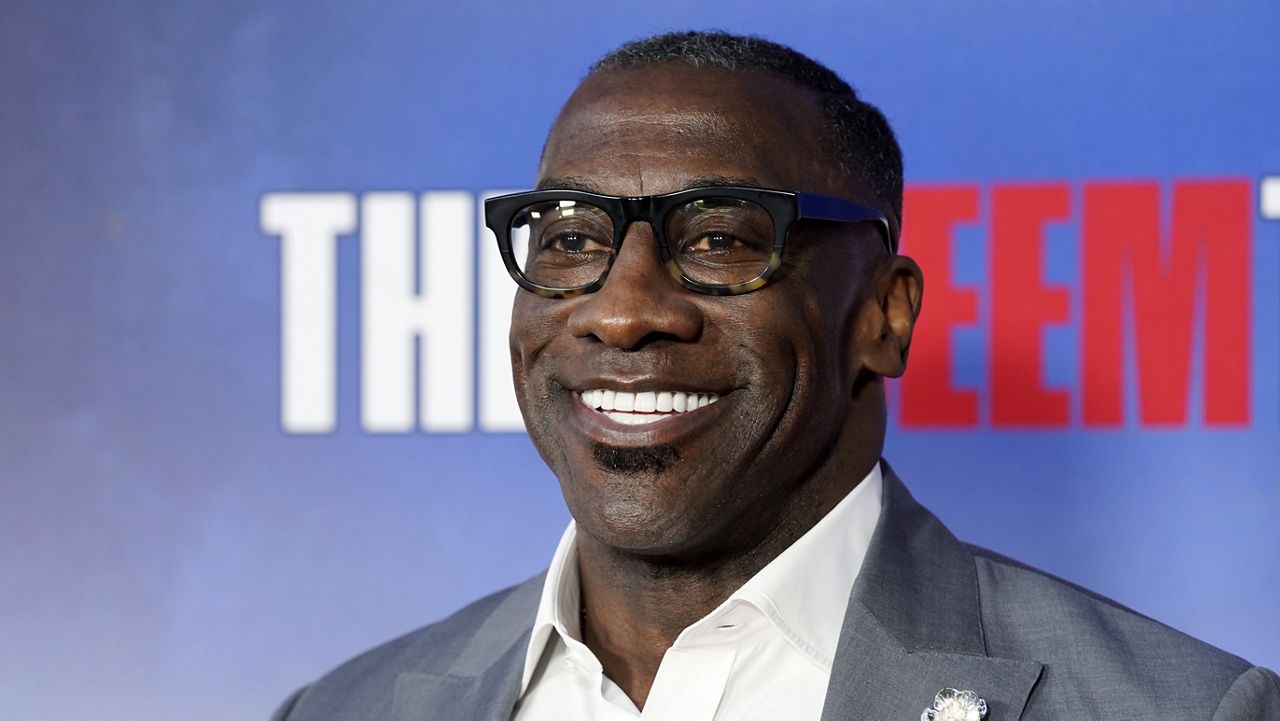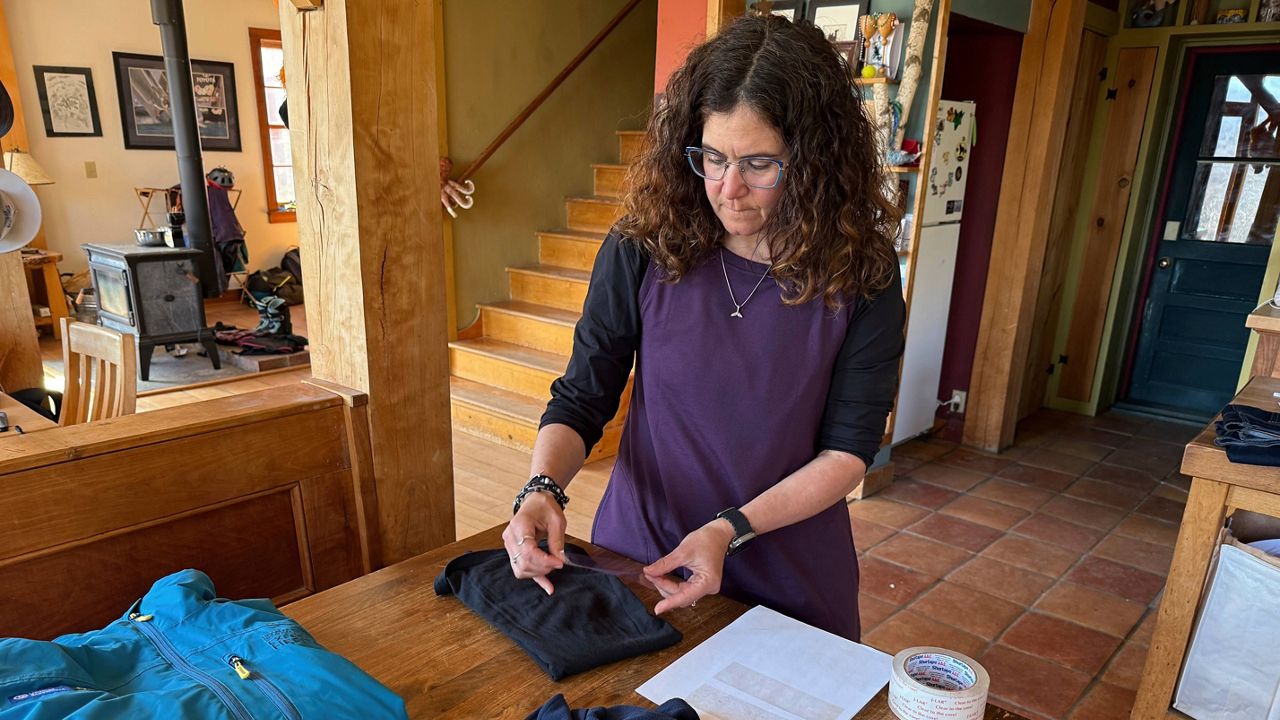WEST HOLLYWOOD, Calif. — Infertility affects millions of Americans and many turn to assisted reproductive technologies, such as in vitro fertilization, to grow their families.
But once their families feel complete, some people face an unexpected dilemma: deciding what to do with leftover eggs or embryos.
Stephanie and David Levich know this challenge well. After struggling to conceive, they turned to IVF, a journey filled with emotional highs and lows. Out of 16 embryos, four were healthy. Two of those embryos became their son and daughter, while one didn’t implant. Now, a single frozen embryo remains.
“Knowing it’s a girl embryo, it definitely personalizes it,” Stephanie Levich said. “I can’t help but wonder what she would look like, what her personality would be.”
The couple feels their family is complete, but they continue paying $600 annually to keep the embryo in storage — a decision they’ve maintained for nearly a decade.
“Thankfully, we are keeping those options open," said David Levich.
"Right, you never know,” Stephanie added.
Demand for egg freezing has surged by 194% from 2020 to 2023, according to WIN Fertility. There are currently over 1 million frozen eggs and embryos in the U.S., according to data from TMRW Life Sciences.
Dr. Peyman Saadat, fertility specialist at Reproductive Fertility Center, explained that patients’ choices for unused eggs and embryos vary widely.
“In my practice, I feel like people are more inclined to donate eggs if they have eggs,” Saadat said. “Once it’s embryos, many people don’t want to donate them.”
He added that the decision remains entirely up to the patients.
“These are very sensitive,” Saadat said. “Anytime anyone wants to move it, donated or discard it, we have both partners, if it’s embryos, sign and notarize a paper agreeing on what to do.”
For couples, legal considerations add another layer of complexity. Fertility and family lawyer Dean Masserman emphasized the importance of drafting an agreement before beginning the IVF process.
“It’s a community asset, and they should think in advance about what they want to do with that asset,” Masserman said. “Don’t sign stuff if you don’t understand it because you’re going to be bound by it.”
Luckily for the Levich's, they're in agreement and able to cover the storage costs. As they consider the future of their remaining embryo, they’re grateful to be able to take their time.
“It’s not just a decision for us. It’s a family decision,” Stephanie said.
CORRECTION: This story has been updated with the correct spelling of the last name, Levich. It also corrects David's name. Wednesday, Nov. 13, 2024.








